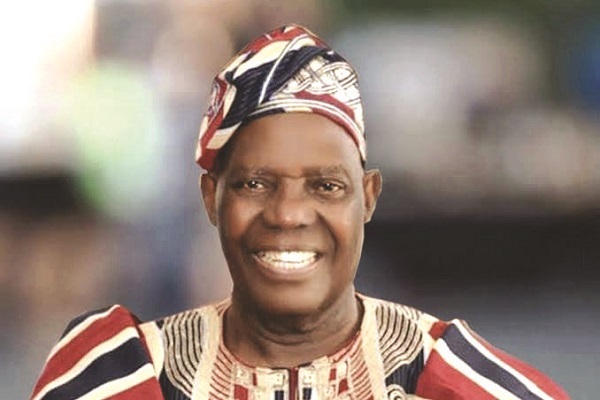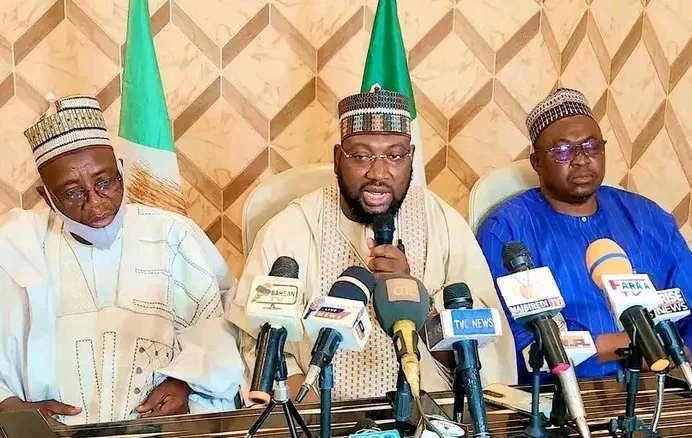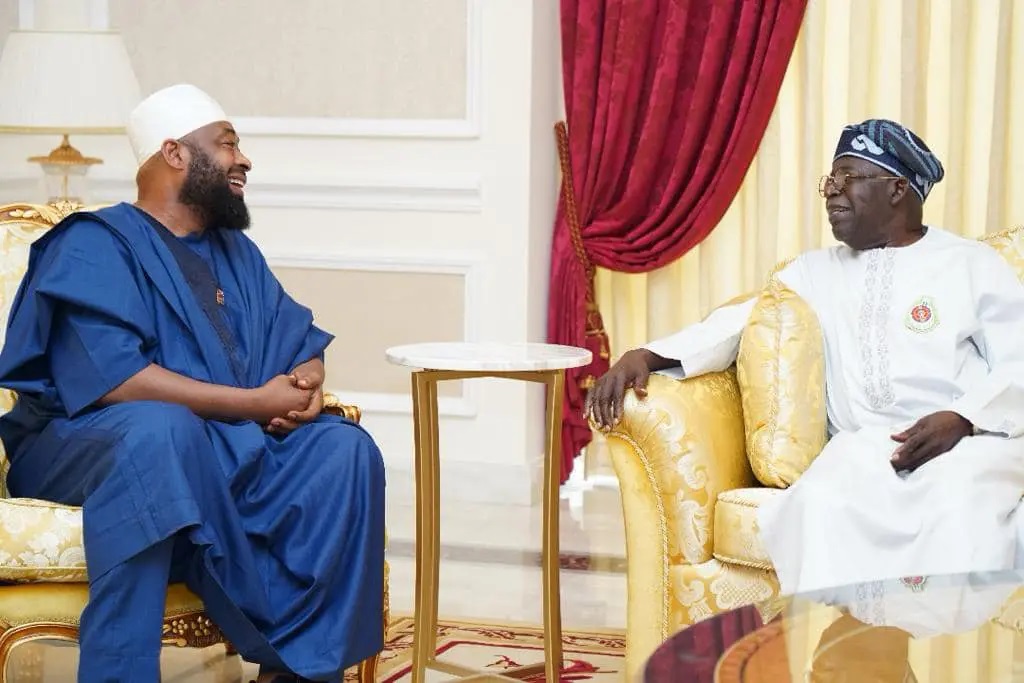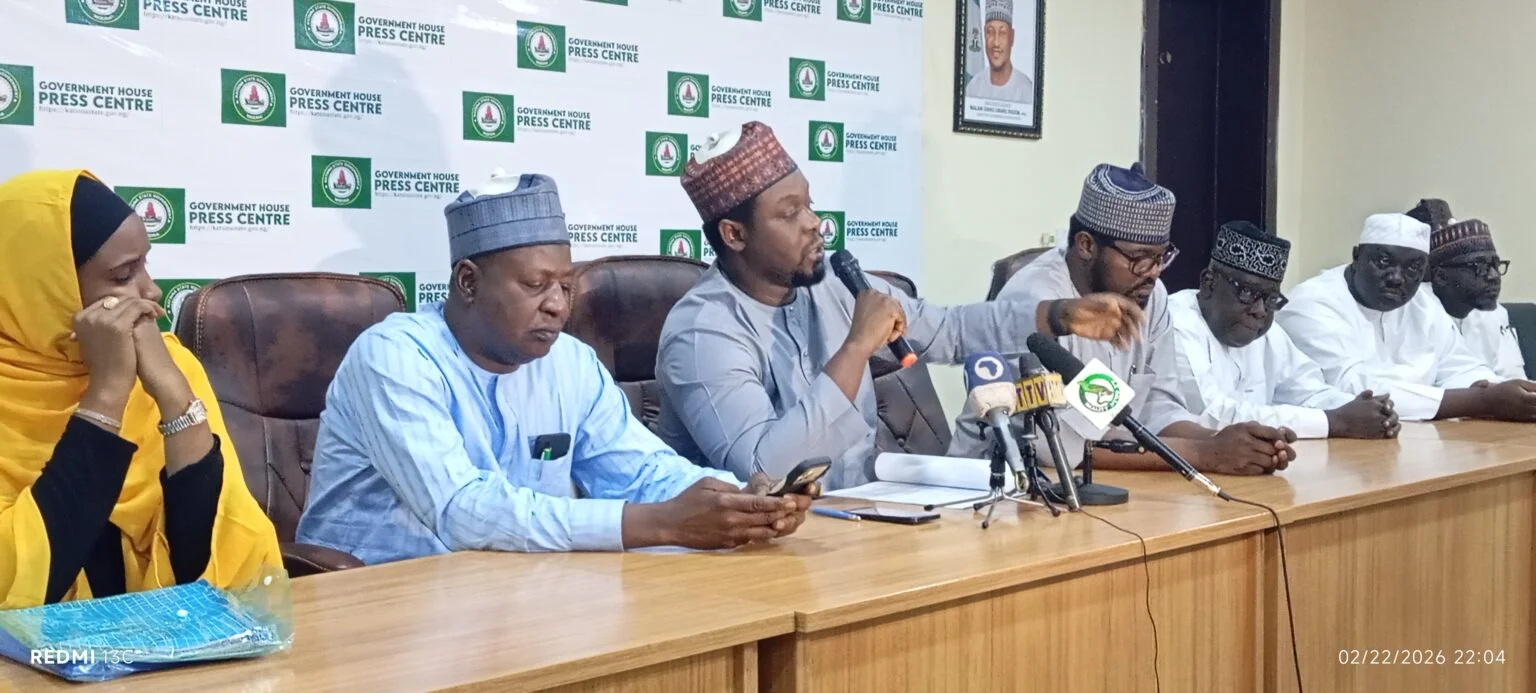Chief Bisi Akande, the pioneer National Chairman of the All Progressives Congress (APC) and former Governor of Osun State, believes Nigeria’s long history of state creation has eroded the foundation of federalism and fuelled inefficiency.
At the Southwest Stakeholders’ Dialogue organised by Afenifere, the DAWN Commission and the region’s governors on Wednesday, Akande traced the nation’s journey from a simple federation of two protectorates to the present-day structure of 36 states and nearly 800 local governments — a structure he described as “costly and cumbersome.”
He argued that the military’s repeated interference in governance led to a “unified, hierarchical system” that replaced cooperative federalism with central control.
“Instead of fostering unity, the endless creation of states became a one-dimensional response to complex issues,” Akande said, noting that the resources required to maintain just a few strong regional governments were now scattered across dozens of administrative units.
The elder statesman said the ongoing establishment of regional development commissions under President Bola Tinubu — including the newly inaugurated South West Development Commission (SWDC) — represents a quiet but profound restructuring of Nigeria’s governance system.
According to Akande, “Each commission represents not merely a geographical boundary but an engine of development — a recognition that real progress must start from the grassroots, with regions taking charge of their destinies.”
He urged Southwest leaders to seize the opportunity to reclaim the region’s legacy of leadership in education, agriculture and innovation.
“The Southwest was once Nigeria’s model of regional development. We must again be the example — driving growth through collaboration, modernised agriculture, and industrial innovation,” he said.
Akande pointed to renewed investments in cassava, cocoa, rice, palm oil, poultry and aquaculture as evidence that the agricultural backbone of the region is being revitalised under the Renewed Hope Agenda.
He concluded that genuine restructuring would not come from constitutional amendments alone but through purposeful leadership, regional cooperation, and grassroots-driven governance.





